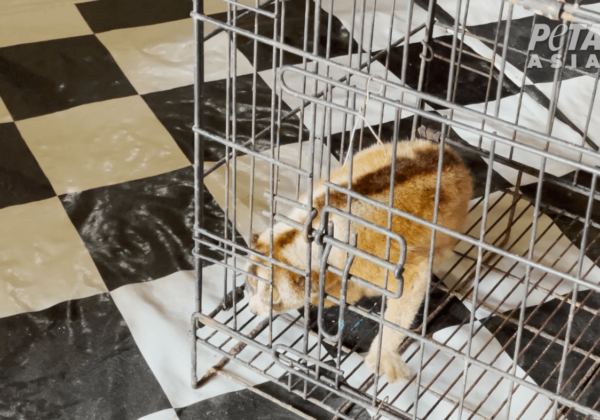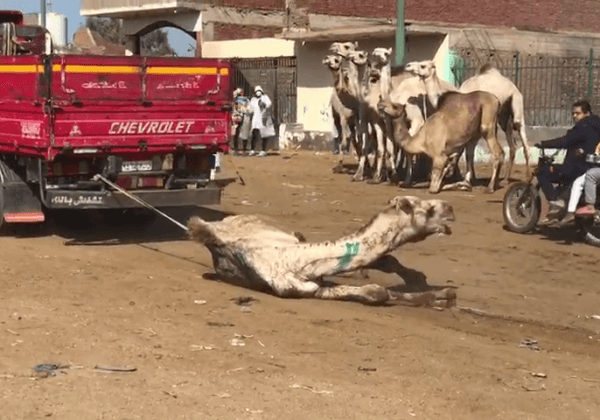Elephant Shot Dead After Getting Spooked by a Selfie-Taking Man
Animals are not selfie props.
Update: September 6, 2021
Rangers reportedly shot and killed an elephant outside the city of Kwekwe in Zimbabwe after the animal gored, dragged, and trampled a man to death—because he had apparently tried taking selfies with the elephant. The animal also injured another man, who is “battling for life” at a nearby hospital, according to local news outlet The Chronicle.
ZIMBABWE Parks and Wildlife Authority (Zimparks) rangers shot down an elephant after it fatally trampled a man who was taking selfies with the jumbo just outside Kwekwe, triggering a stampede by villagers for elephant meat.https://t.co/kGasDw8JM4 @Zimparks
— The Chronicle (@ChronicleZim) August 31, 2021
Zimparks Public Relations Manager Tinashe Farawo said that rangers had “no option” but to kill the elephant. “Communities are urged to stay away from the animals and minimise close contact with the animals,” Farawo also said, according to The Herald, and added that the incident “could have been avoided.”
Elephants Are Not Selfie Props
Had this man done the right thing—left wildlife in peace—this elephant would likely still be alive, hanging out with friends, spending hours grazing on grasses, taking mud baths, and doing other things that elephants enjoy in nature. Instead, he essentially signed both his own and this elephant’s death warrant, all for a photo op.
Please, Always Leave Wildlife in Peace
Originally posted on Feburary 27, 2016:
Last week, a baby dolphin died after being dragged from his or her ocean home and passed around for selfies by a crowd of eager tourists. The horrifying scene took place on a beach in Argentina and was documented on social media, sparking international outrage, and many people called for criminal charges to be brought against those responsible.
Tiny #dolphin killed by crowd of beachgoers for #selfie in Argentina https://t.co/yFeyOHi7sA pic.twitter.com/Ku5tVHdUkw
— ABC News (@abcnews) February 18, 2016
Reports indicate that after the photos were taken, the animal’s body was unceremoniously discarded on the beach. The baby dolphin had apparently served his or her purpose, since the selfies had already been taken.Because of the callousness of this incident, you might think of it as an isolated event, fueled by a sort of mob mentality and misguided excitement over seeing a rare animal. Unfortunately, this isn’t the case.
Days later, in a different part of the world, a similar video surfaced of a man pulling a struggling shark from the ocean in Florida and pinning down the resistant animal while smiling for a photo. After he releases the shark, you can see the disoriented animal thrashing near the shore, unable to swim away or perhaps too traumatized by the incident to know what to do next. It is unclear whether the shark ultimately survived the encounter.
But animals suffering for photo ops is nothing new.
Baby tigers at the Tiger Temple in Thailand, for example, are often ripped from their mothers shortly after birth and subjected to extreme stress, and some are even physically abused, as money-hungry animal exhibitors force them to pose with smiling tourists. Once the tigers are no longer babies and become too large and dangerous to pose for pictures, they are typically shipped off to other roadside zoos and forgotten.
“Swim-with-dolphins” attractions are no better, as the animals are denied everything that is natural and important to them and forced to swim in claustrophobic pools. They often die prematurely. Just because dolphins always look like they’re smiling does not mean that they are actually happy and want to pose for your pictures.
Remember: Animals are not our selfie props. If there’s any risk that your photo is going to hurt or stress an animal, it’s not worth it.
What You Can Do
Never patronize any place that profits from exploiting animals, and leave wildlife in peace.









